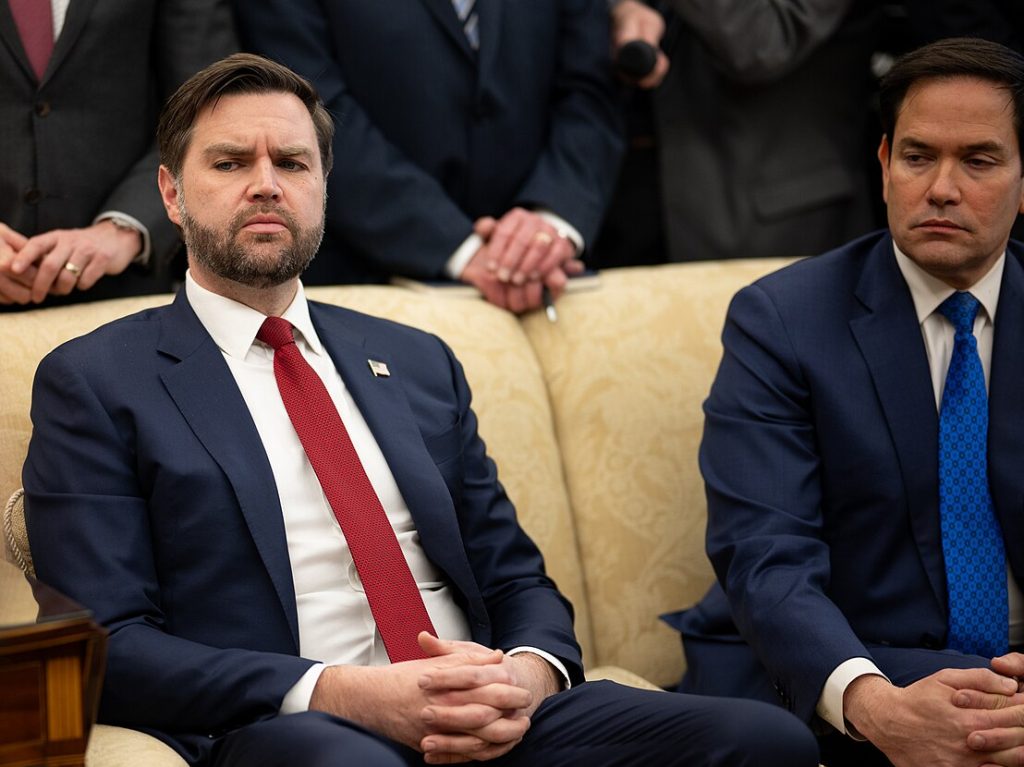U.S. Vice President JD Vance has offered one of the Trump administration’s clearest signals yet that its patience with Moscow is running out.
Others are reading now
U.S. Vice President JD Vance has offered one of the Trump administration’s clearest signals yet that its patience with Moscow is running out.
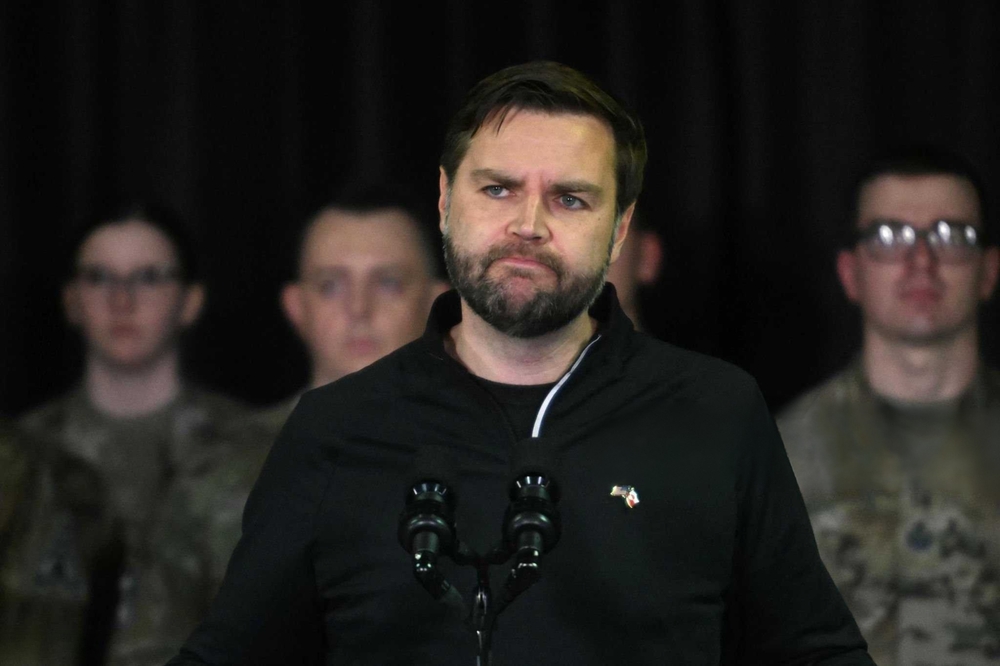
Speaking at a high-level security meeting in Washington, Vance said Russia is “asking too much” to end the war in Ukraine, and stressed that the U.S. is focused on long-term peace, but not at any cost.
Vance Says Russia’s Demands Are Unrealistic

At the Munich Leaders’ Meeting in Washington, Vance openly stated that Moscow’s conditions for ending the war were excessive.
“We think they are asking for too much,” he said, underscoring U.S. frustration over the lack of progress in securing a ceasefire or negotiations.
Also read
U.S. Push for Ceasefire Rejected by Moscow
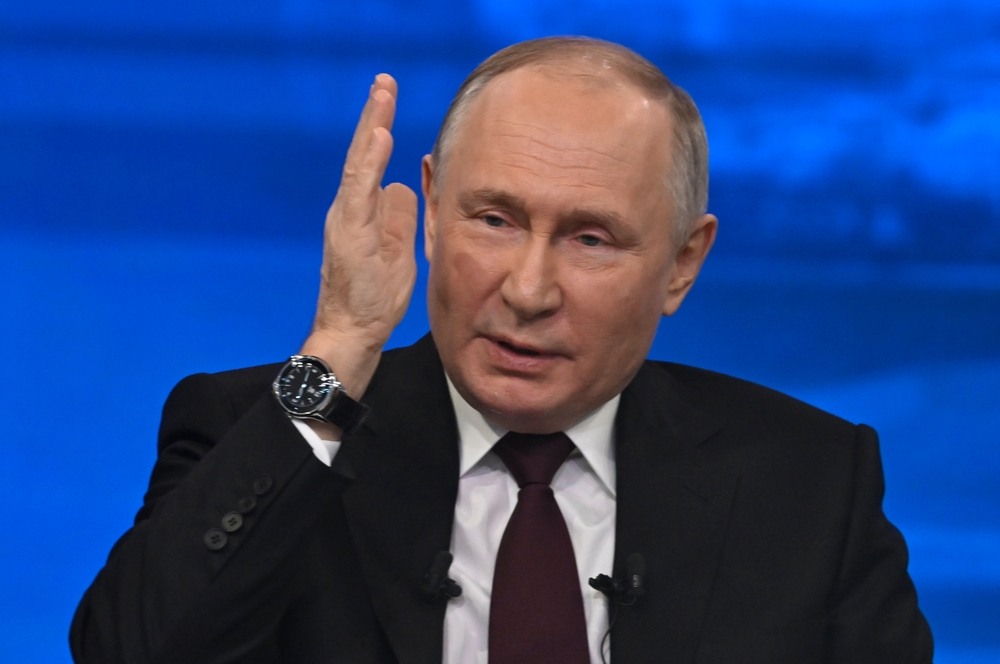
Russia has declined the Trump administration’s call for a 30-day ceasefire, claiming it would benefit Ukraine by giving it time to regroup.
Vance acknowledged that this setback complicates U.S. diplomatic efforts and may require a tougher line going forward.
Trump Hints at Tougher Sanctions
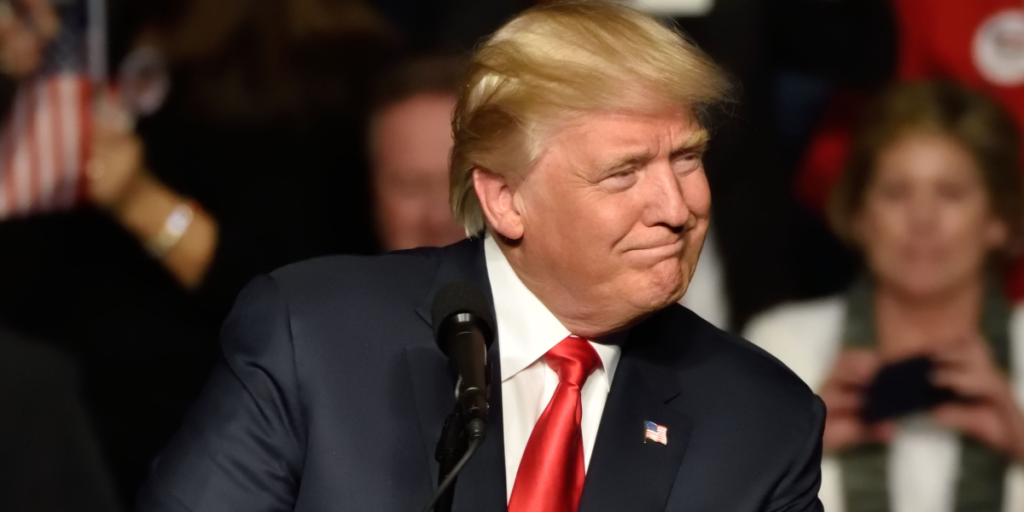
While Vance avoided threatening sanctions outright, he alluded to them as a possible tool.
President Trump, meanwhile, has publicly voiced doubt about Putin’s intentions, even suggesting he might be “played” by the Russian leader.
Vance Encourages Direct Talks Between Kyiv and Moscow

Vance stated that the U.S. wants Ukraine and Russia to negotiate directly.
“That is the next important step we want to take,” he said, adding that the U.S. cannot effectively mediate unless the warring parties establish baseline agreements.
Diplomatic and Measured
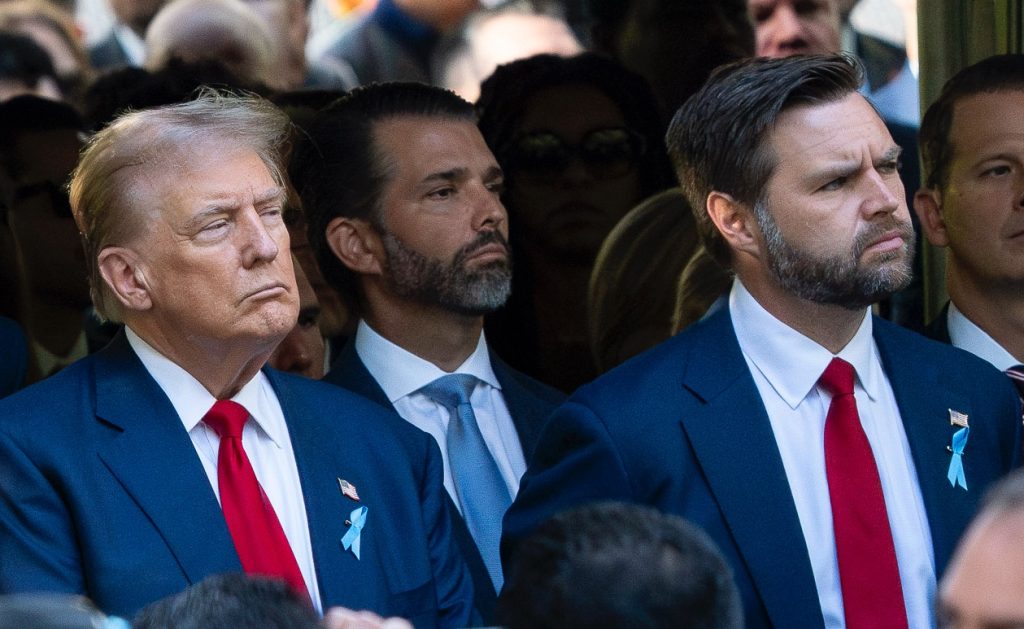
Unlike his fiery speech in February, where he criticized European leadership sharply,
Vance struck a notably softer tone. He emphasized the importance of the transatlantic alliance and assured listeners that “we are on the same civilizational team.”
Acknowledges Wide Gap in Peace Talks
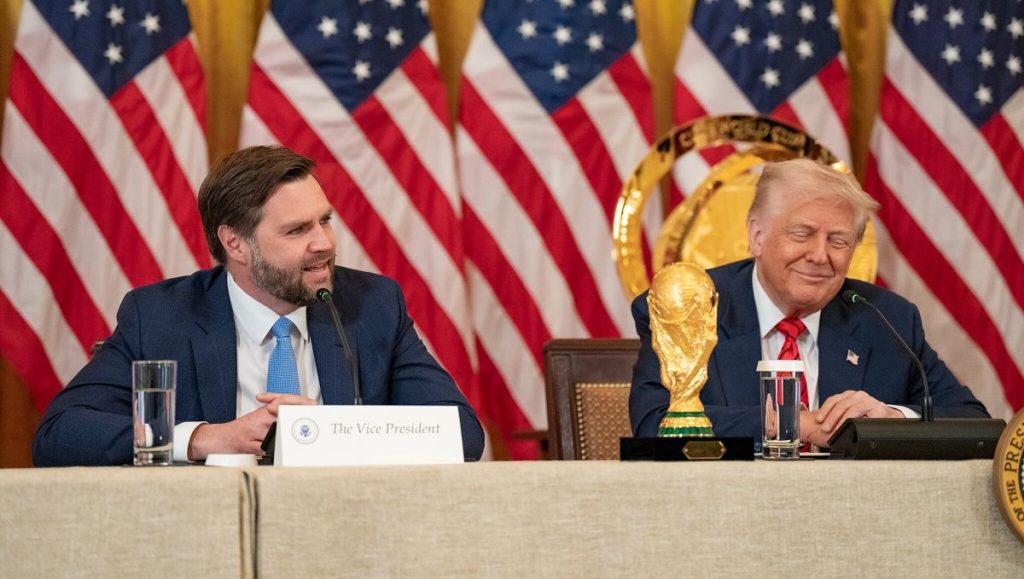
While Vance expressed cautious optimism, he admitted there is still “a big gap” between Ukraine and Russia’s negotiating positions.
He called the situation challenging, but not hopeless, noting that direct engagement is essential for any breakthrough.
Vance’s February Speech Still Lingers

In Munich earlier this year, Vance stunned European leaders with scathing remarks about their political direction.
Though he didn’t repeat those criticisms, he revisited the speech, saying the concerns he raised apply equally to the U.S.
Relief and Lingering Concerns

European attendees described Vance’s tone as “charming” and “calming,” but many remained uneasy.
One participant said, “There are still unanswered questions,” particularly regarding defense guarantees if Ukraine is denied NATO membership.

